11 Signs That You Have a Perfect Relationship, Even If You Don’t Think So


Bringing home a new pet is an exciting experience, but not all animals are meant to share a living space. While some pets can coexist peacefully, others have natural instincts or specific needs that make cohabitation dangerous or stressful. Whether due to predator-prey relationships, territorial behavior, or dietary differences, here are some pet pairings that should never live together.
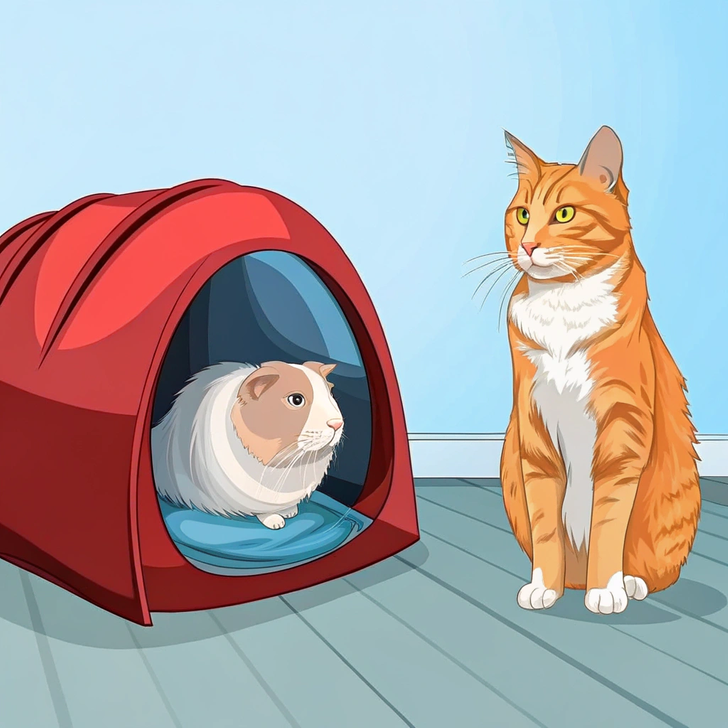
This is a classic clash of instincts. Cats are natural predators, and even the most well-behaved feline can succumb to their hunting drive. Small rodents, on the other hand, are prey animals, constantly on high alert. This means constant stress for the rodent, and a potential for a tragic end.
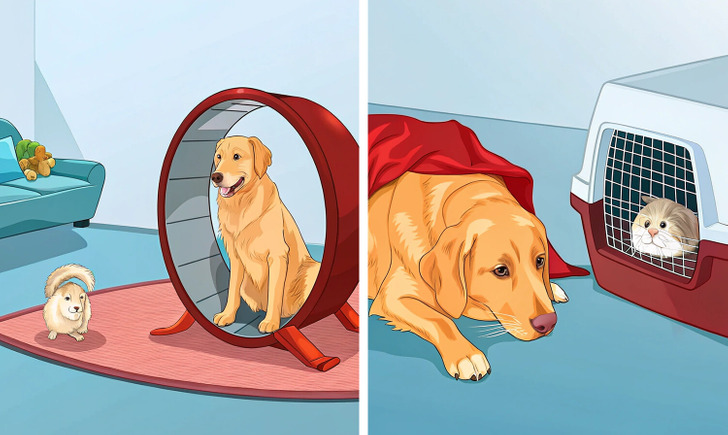
Similar to cats, dogs can pose a significant threat to small rodents. Even if your dog is generally gentle, their playful nature can easily lead to accidental harm. The size difference alone makes it difficult for rodents to escape, putting them at risk.
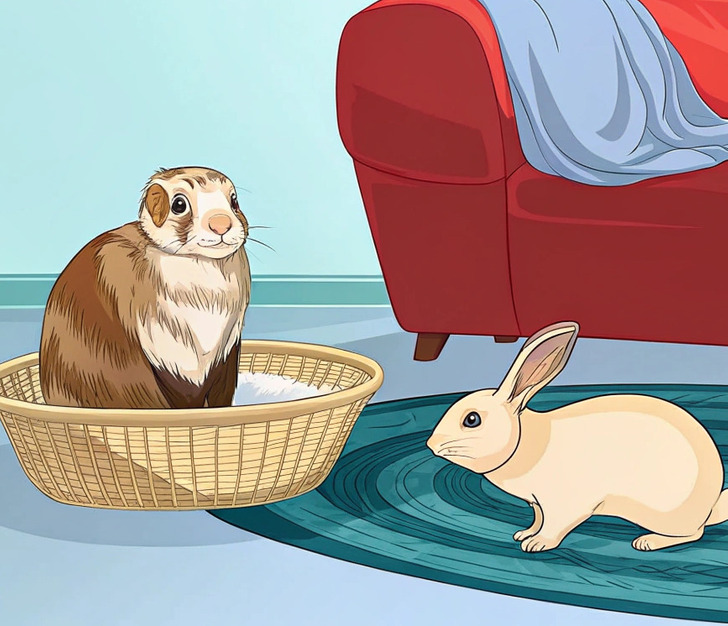
While both ferrets and rabbits are known for their playful personalities, they can be a dangerous combination. Ferrets are curious and often playful in a way that can be perceived as aggressive by rabbits. This can lead to bites, scratches, and even serious injuries.
This is a tricky one, as many reptiles are carnivorous. While some may be fine with a diet of insects, others may be tempted by the movement of a small mammal. This can lead to a fatal encounter for the mammal, and potential harm to the reptile if it's not handled properly.
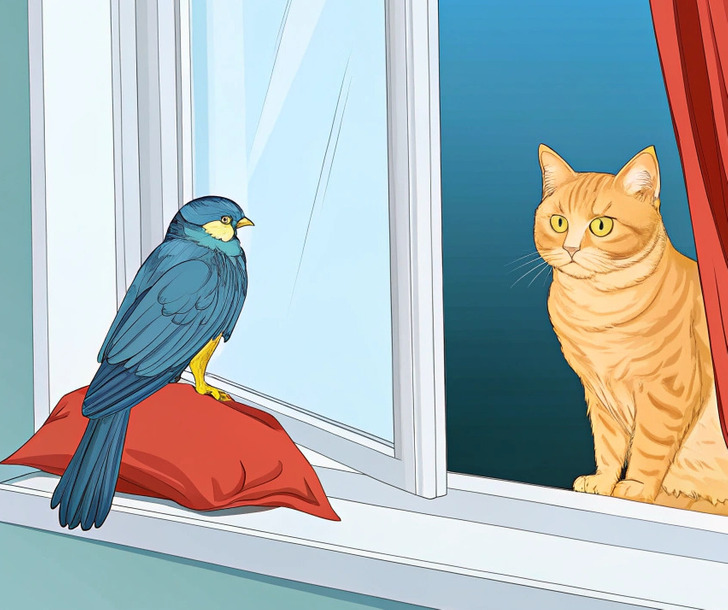
Birds are highly vulnerable to cats, who see them as tempting prey. Even if your cat is well-trained, their natural instincts can take over, leading to a potentially deadly outcome for the bird.
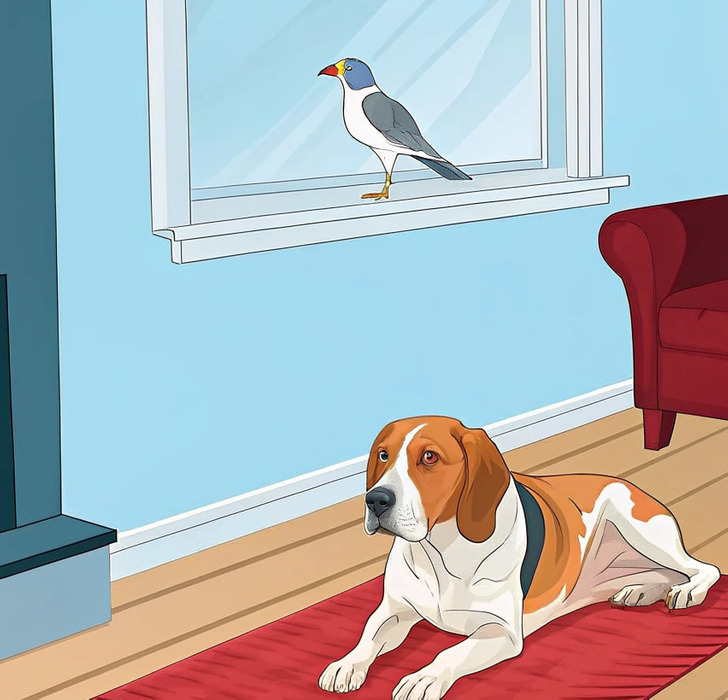
Similar to cats, dogs can pose a threat to birds, especially if they are not properly trained. Dogs may see birds as prey or simply be curious, leading to accidental harm.
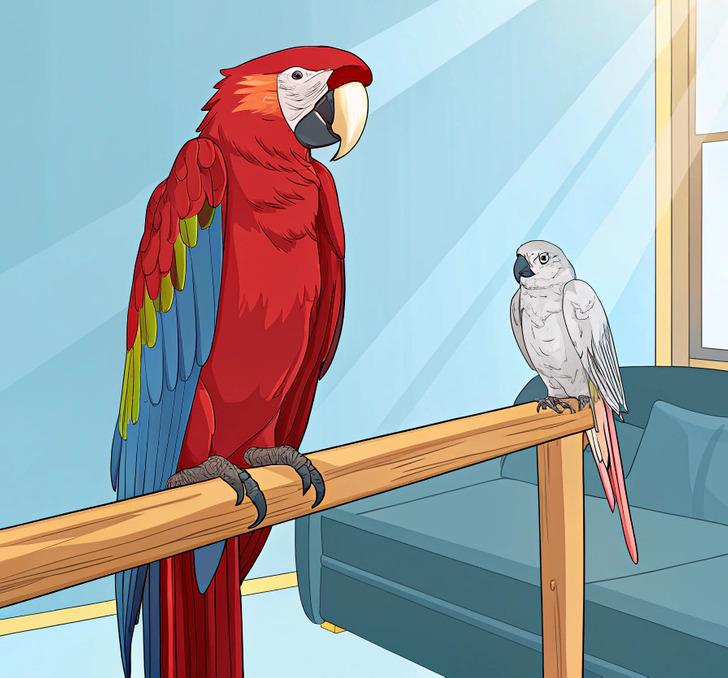
It's not wise to mix different types of birds in the same enclosure. Traditionally, large and small birds don't get along. Keep your budgies in one cage, canaries in another, and give your parrot some space.

Ferrets are curious and playful, but their playful nature can be overwhelming for birds. Ferrets may try to play with birds, leading to accidental injuries or even death.
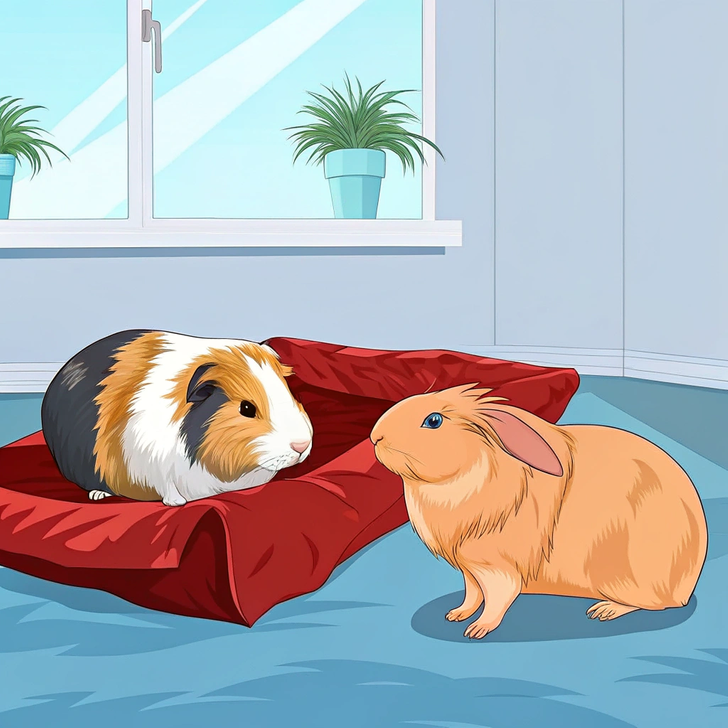
While both rabbits and guinea pigs are relatively docile, they can be territorial and aggressive towards each other. This is especially true if they are not properly introduced and socialized.
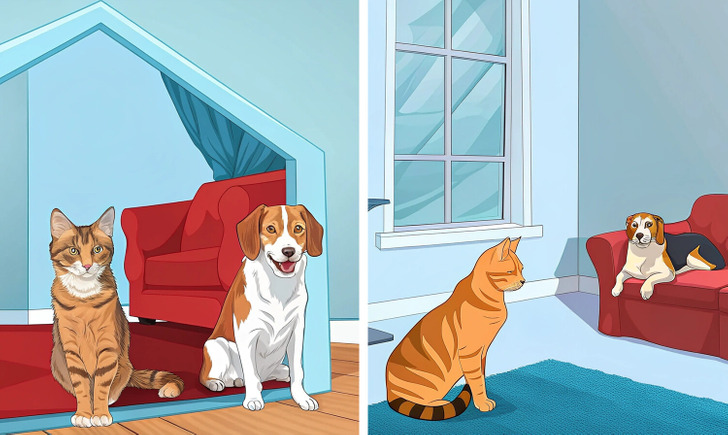
While this pairing is often seen as a classic, it's not without its challenges. Dogs and cats have different communication styles, which can lead to misunderstandings and aggression. This is especially true if the animals are not properly introduced and socialized.
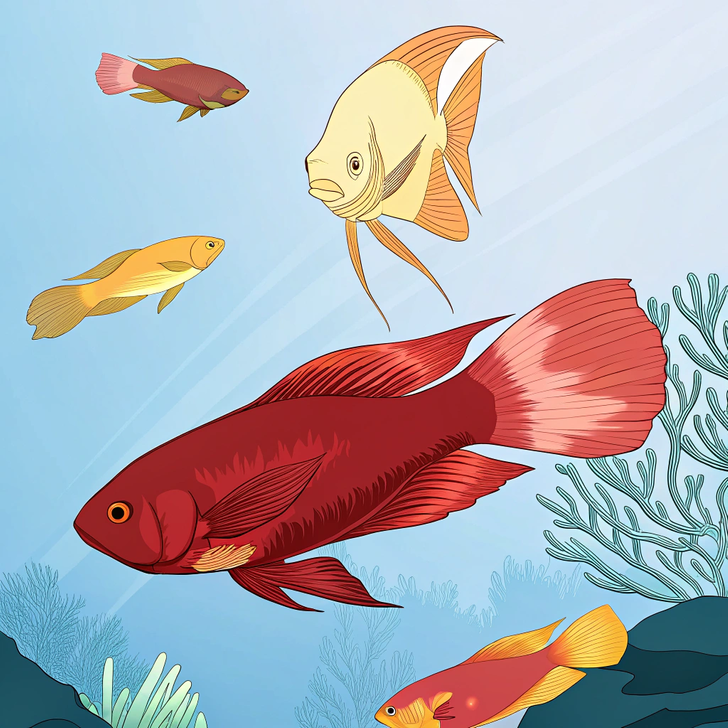
Aquarium enthusiasts should be mindful of the compatibility of different fish species. Larger fish often see smaller fish as food, leading to an imbalanced and dangerous tank environment. Larger fish may attack and eat smaller fish. Small fish may become stressed and fail to thrive. Different species have different care requirements, making cohabitation difficult.
Additionally, some larger fish require a higher protein diet and may become aggressive if they are underfed, making smaller tank mates even more vulnerable. Always research fish species thoroughly before adding them to a shared aquarium.
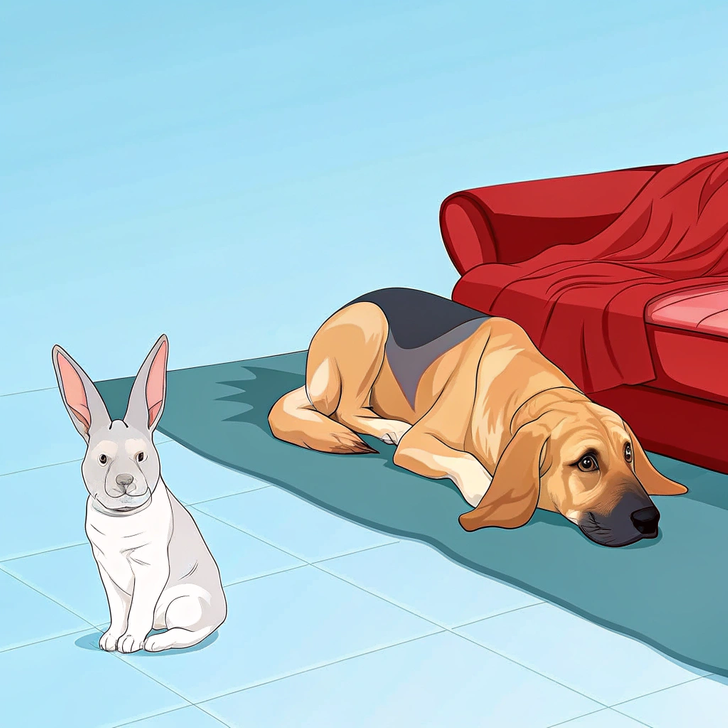
While some dogs and rabbits may appear friendly, this combination is generally unsafe. Many dog breeds, especially those with a high prey drive like terriers and hounds, see rabbits as prey. Even well-intentioned play can be harmful, as rabbits have delicate bones and can be easily injured.
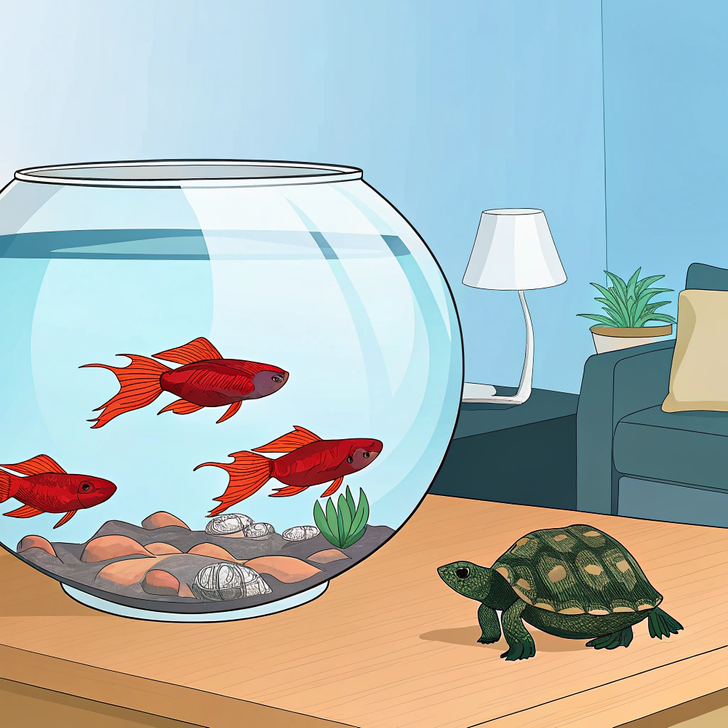
Many people assume turtles and fish can share an aquarium, but this is often a mistake. Turtles are opportunistic feeders and may attempt to eat fish, even if they are well-fed. Turtles can attack and injure fish. Fish may nibble on a turtle’s limbs, causing infections. Turtles produce a lot of waste, making it difficult to maintain clean water for both species.
Furthermore, turtles require a specific basking environment and water filtration system that may not be compatible with many fish species. This can lead to poor water quality and an increased risk of disease.
Important Note: These are just general guidelines. Every animal is an individual, and some pairings may be successful with careful introduction and management.
Here are some tips for ensuring a harmonious multi-pet household:
Keeping the wrong pets together can lead to stress, injuries, or worse. But choosing the right pet in the first place is just as important—especially when it comes to dogs. Not all breeds are easy for first-time owners. Some require extra patience, training, and experience. Want to know which ones? Keep reading!











